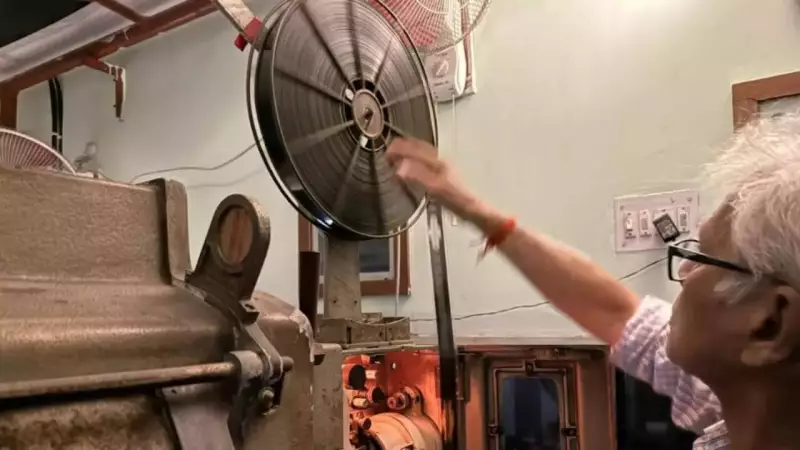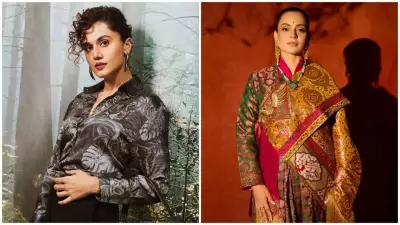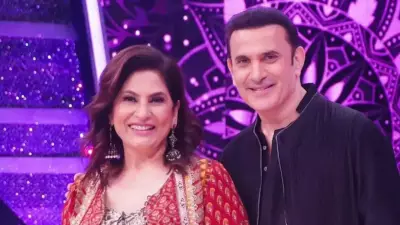
The 31st Kolkata International Film Festival created cinematic history on Wednesday by becoming the only film festival globally to screen a positive print movie in 35MM format this year. The historic screening took place at Radha Studio's projection room, where veteran projectionist Gopal Chandra Dutta operated the celluloid projectors for a special tribute to late director Raja Mitra.
A Tribute to Cinematic Legacy
The afternoon screening served as a heartfelt homage to director Raja Mitra, who passed away on December 24 last year. The featured film was Mitra's 1997 classic "Nayantara", which tells the powerful story of a resilient theatre actress who battles poverty, family tragedy, and personal illness while supporting her family and pursuing her artistic passion. The film features acclaimed performances by Mamata Shankar, Saswata Chatterjee, Sabitri Chatterjee, and Rabi Ghosh.
Mitra's daughter-in-law, Somdatta Maitra, expressed the family's appreciation, stating: "We are happy with the way KIFF has honoured Baba by screening the film on celluloid. We laud KIFF's effort to promote the importance of celluloid by organising this screening."
Preserving Film Heritage
Rabindranath Dash, maintenance engineer and chief manager at the West Bengal Film Archive, confirmed that all 11 reels of the original film have been meticulously preserved at the West Bengal State Film Archive. "Celluloid film became the standard medium for motion pictures and photography for most of the 19th and 20th century. It influenced entertainment, design, and art throughout these two centuries," Dash explained.
The archived print measures an impressive 1000 feet in length and remains in excellent condition, complete with its original soundtrack. This preservation effort ensures that future generations can experience the authentic texture and quality of traditional film projection.
The Art of Celluloid Projection
The screening itself carried a distinct old-world charm, with projectionist Gopal Chandra Dutta demonstrating remarkable skill in coordinating the timing between two projection machines. Despite minor audio glitches characteristic of vintage equipment, the experience highlighted why many cinephiles still prefer celluloid over digital formats.
Dutta passionately defended the traditional medium, asserting: "No matter how improved digital technology is, nothing matches the quality of films screened on celluloid." His expertise ensured a seamless transition between reels, maintaining the film's emotional rhythm and visual integrity throughout the screening.
Originally released at Nandan in 1997, Nayantara's story of an actress facing her husband's addiction, single-handedly raising her son Kumar, and ultimately succumbing to cancer while maintaining her artistic dedication, resonated deeply with the audience. This special screening not only honored a departed filmmaker but also celebrated the enduring magic of traditional film projection that continues to captivate cinema enthusiasts worldwide.






